Why Vote?
Why should you vote?
Why vote?
For many in the most recent election cycle, this was an important question with an uncertain answer.
Some refer to voting as a right, while others refer to it as a privilege, but most people agree that by casting your ballot, you are using your most basic political voice to have an input on the direction of society. For this reason, voting is a necessary tool for citizens to make their voices heard.
As a Part of a broad-reaching social media campaign, the SOCY 100 students of MC under Dr. Leszek Sibilski’s direction want to challenge your perception of what it means to vote. Whether it be for a local, state, or presidential election, it’s time to understand casting the ballot as not just a right and a privilege, but also as a social obligation.
Of course, choosing a candidate is not always simple, and often it can involve a complex, internal philosophical debate that sometimes ends in avoiding the ballot box altogether. Elections can seem arbitrary, and removed from social life. The issues being espoused by candidates can seem irrelevant, or perhaps non-representative of the views of their constituents. Arguments become inflated and extreme, and often it seems simpler to just not vote.
To understand why voting is essential, it is important to understand that Democracy exists generally within the contexts of bureaucratic societies, a social system explained by the sociologist Max Weber as a highly ordered organization with a hierarchy of authority. According to Weber, individuals working in such a system serve a particular facet toward the function of the society, and they are constrained to follow a set of specific, written rules and procedures.
For the purpose of this article, bureaucracy can be thought of as any society which tends to demand that its citizenry function under a set of written laws enforced across multiple levels of authority.
Whether or not you believe this is an effective system, I think we can agree that this is generally the way things work. There are specific sets of rules and procedures with regard to electoral processes that differ from state to state and country to country, and these procedures are always evolving. However, there are social guidelines as well, which are just as important to the decision making process.
For instance, when considering a candidate for an upcoming election, you might want to focus on where they side on the issues they present in their campaign. In doing so, you might look to news articles detailing the candidate’s history, or maybe an editorial by your favorite columnist. It’s also probable that you will take physical cues into account to help you build an opinion. It could be something as simple as hair color or fashion choices, or it could be more complex things like facial gestures and body language. These judgments could be consciously recognized, or simply something you’ve noticed and interpreted via subconscious recollections. Whether conscious or subconscious, your interpretations of such inputs are based on experience and background.
What style of tie you like, or how you like people to approach a problem depends on a lot of your socialization patterns, including where you grew up and who you call family and friends. Even the schools you’ve attended may have fostered sympathies with certain societal attitudes that you are not consciously aware of.
Although seemingly insignificant, one person’s choice to vote, or not to vote, may cause those around them to follow their lead. A social study published in 2013 in the journal Nature looked into this phenomenon and found it to have a significant impact on whether or not people choose to vote.
The study targeted 61 million Facebook users of voting age during a congressional election cycle. Most users were shown advertisements showing friends that had voted while also taking a quick yes or no survey asking if the users had voted. The advertisements included links to voting information in their districts. Some users received the same advertisements but without pictures of their friends.
The end results showed that receiving social cues that friends had voted made people 0.39% more likely to vote than someone who hadn’t been shown those same social cues.
That might not seem significant, but that fraction of a percent translated to more than 230,000 more votes than in an average congressional cycle.
Polls and opinions help us determine how people will vote and in what numbers, but they are not 100% accurate, so there is no real way to know if the results of this experiment are perfect. However, it gives an indication of something that social scientists have indicated for a long time, that what we choose as individuals influences how those we are closest to will choose in similar situations.
That is why it is so important to get out and vote, if only just to be sure that you are making some kind of contribution. Because, if others think like you, and they all decide it’s not necessary to vote, the results can easily change.
True, one single vote doesn’t usually decide an election, but it is the tide, the trend of social influence that decides which candidate will take office. You can influence that tide just by using your rights as a citizen and fulfilling your obligation to society. Vote! And make your voice heard.


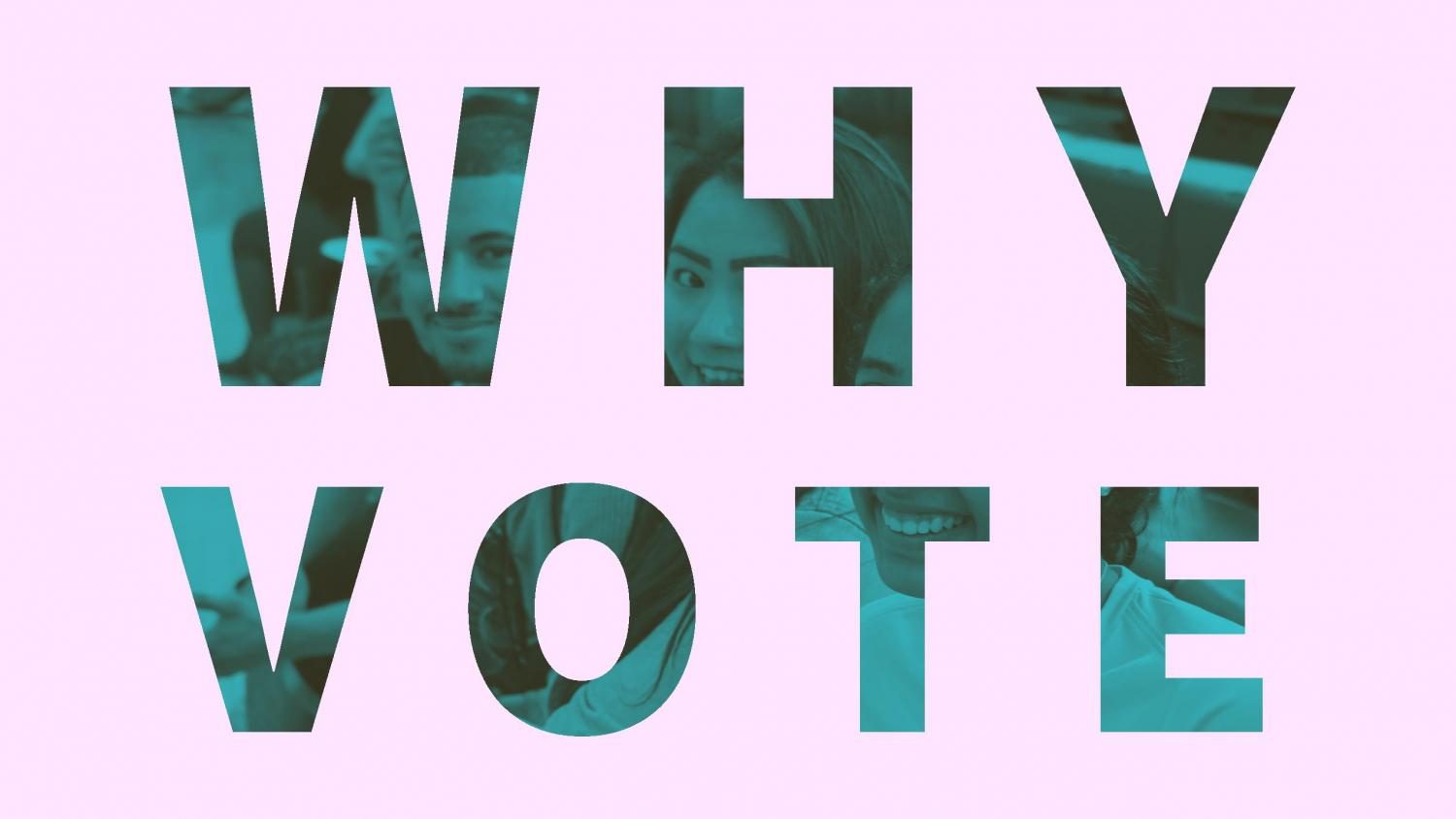

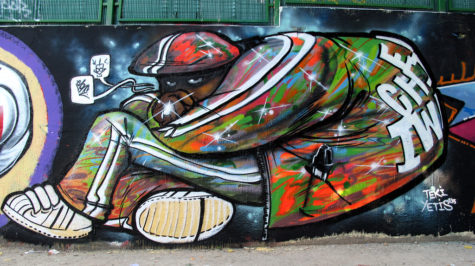
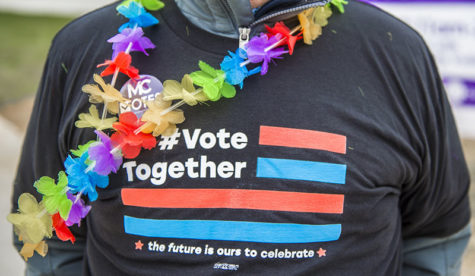
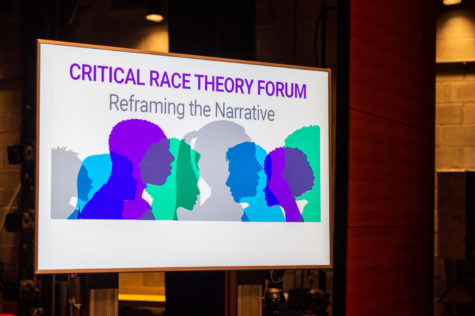


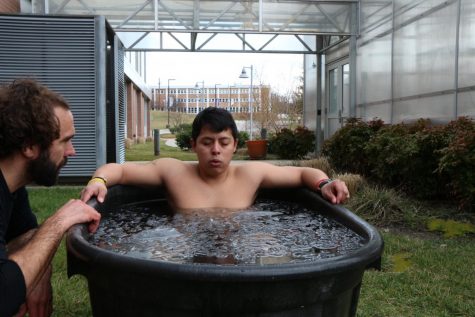

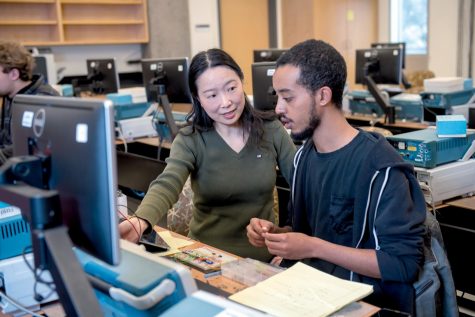


Honorine Ilboudo • Jun 14, 2017 at 8:18 am
Let’s elect leaders who stand up for us!! Let’s vote!!!!
kwon, Heog-Chul • May 5, 2017 at 10:15 pm
Vote is to elect not the best but to choice not the worst.
How about to prevent the worst?